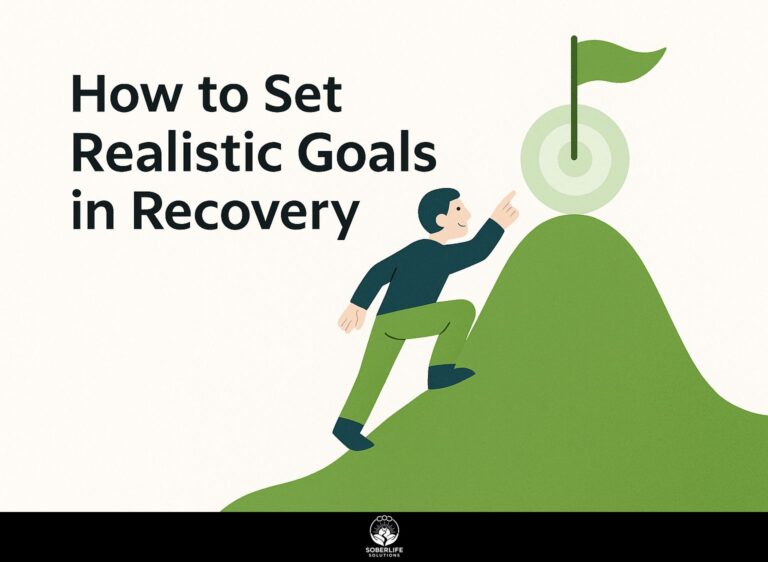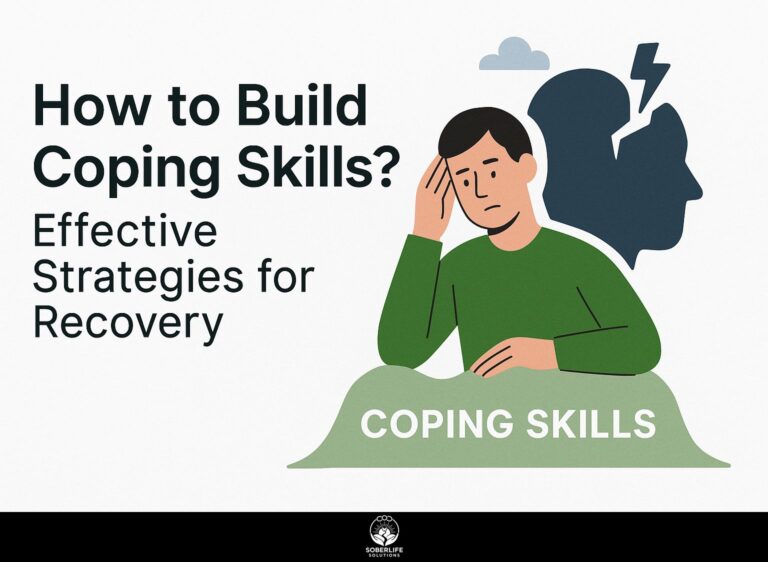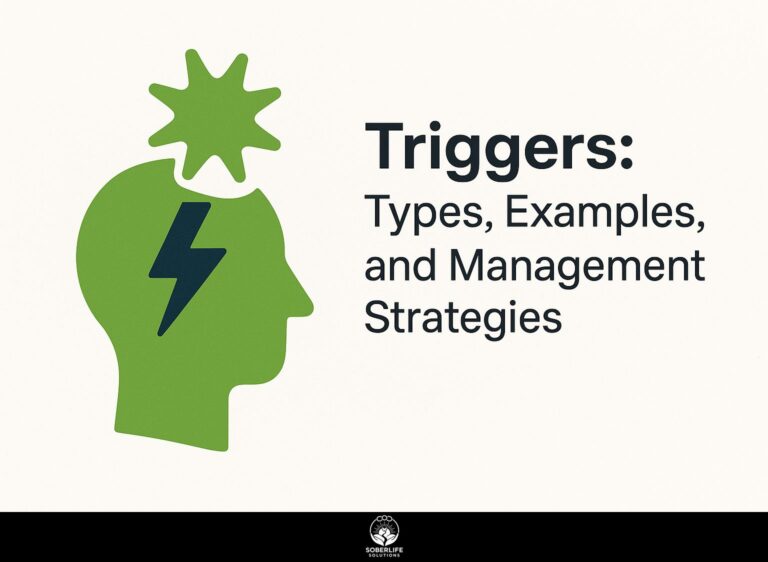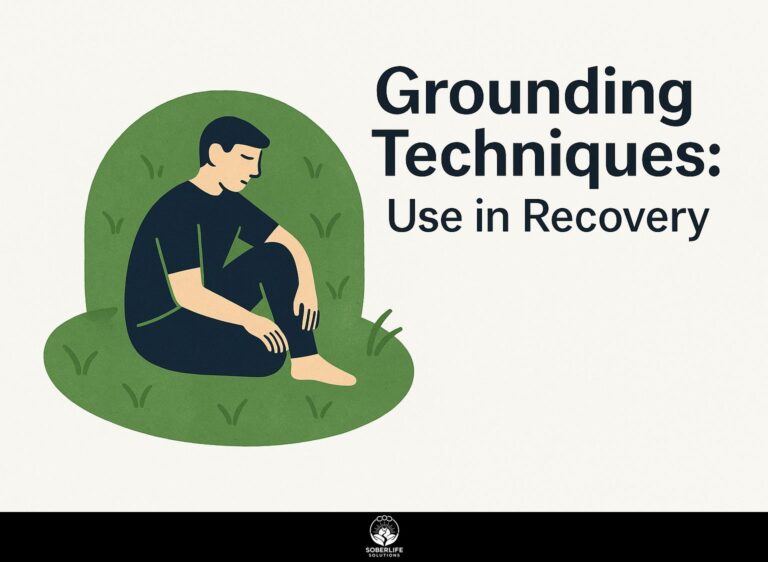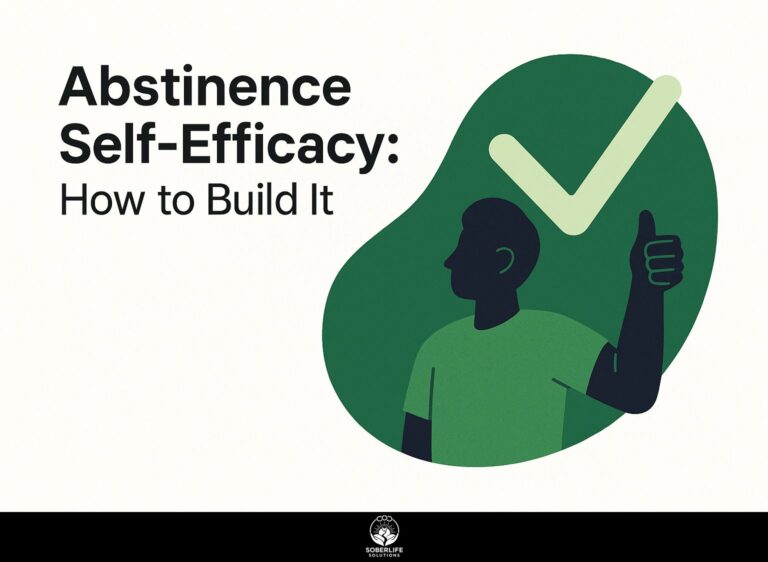How to Develop Skills for Sobriety: A Guide
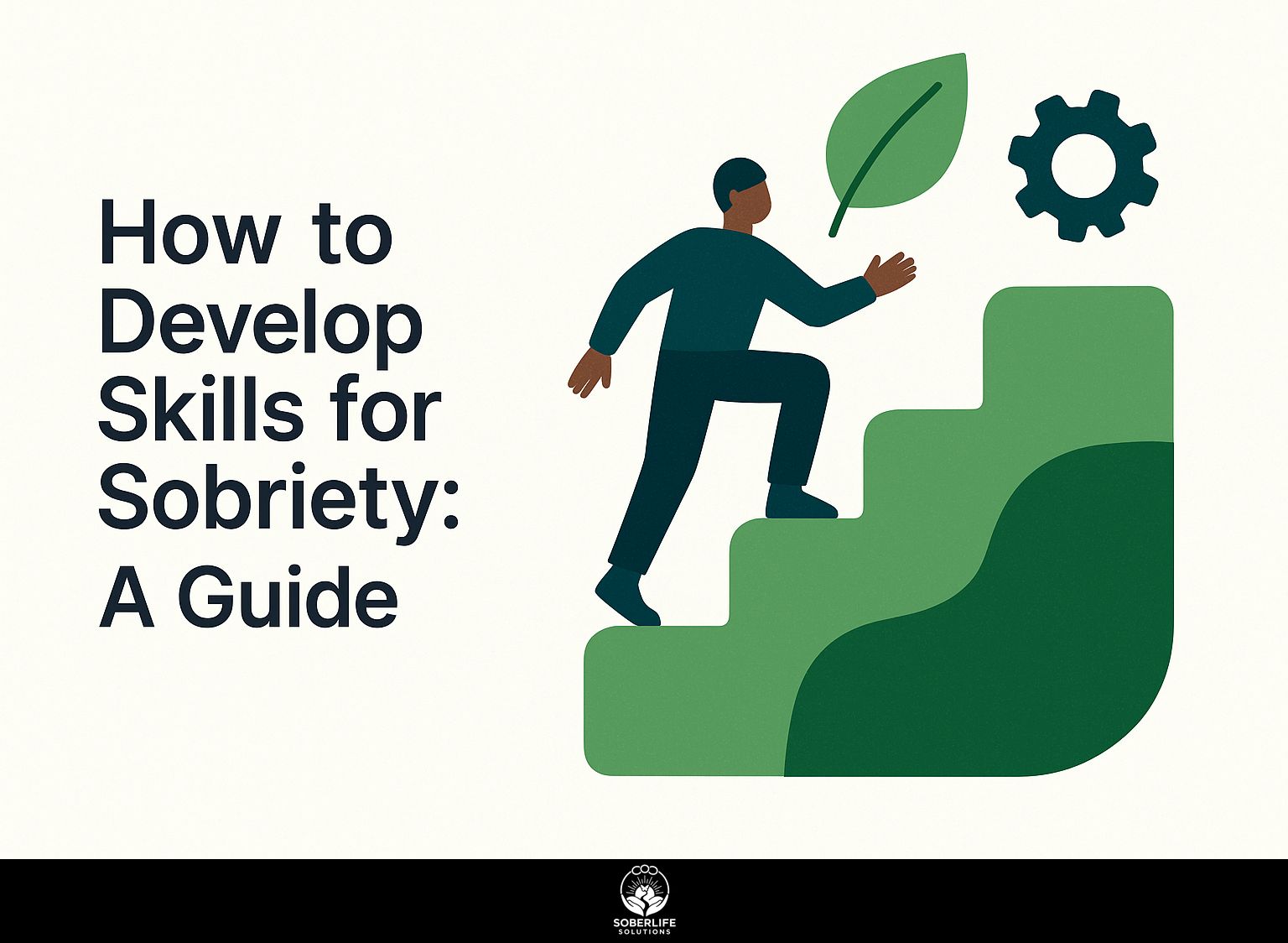
Starting the path to overcoming addiction needs more than just determination-it also requires practical ways to handle challenges. In this guide, we’ll look at key methods for building strength against emotional triggers while focusing on self-care activities. Based on Hanley’s information, we will help you make choices that support long-term sobriety. Learn how to create a strong base for recovery by gaining skills that help you succeed and flourish.
Key Takeaways:
Understanding Sobriety
Sobriety means more than quitting drugs or alcohol; it’s about choosing a way of living that supports emotional balance and strength.
This process often involves identifying and dealing with emotional triggers, like stress or social situations.
For example, John, a recovering alcoholic, thrives by engaging in mindfulness meditation, which helps him focus on the present while reducing anxiety. He attends weekly support group meetings, creating relationships and accepting accountability. The UCLA Health recently discussed how such practices can enhance emotional well-being.
Sarah found that doing exercise, particularly yoga, lifts her spirits and aids in handling stress. By incorporating these supportive practices, individuals can build a stable foundation for a fulfilling sober life. In fact, the importance of spiritual health and finding purpose in recovery is a crucial aspect, as elaborated in this guide to spiritual health, which underscores the need for emotional and existential harmony.
The Importance of Skill Development
Learning to manage your emotions and communicate well can significantly increase your chances of staying sober for a long time.
These skills are essential for dealing with problems that arise during recovery. For instance, learning to identify triggers and practicing mindfulness can reduce stress and prevent relapse.
Research shows that individuals lacking coping mechanisms have a 60% higher relapse rate. Participating in role-playing activities can improve communication skills, and joining support groups helps by sharing experiences. As highlighted by the Whole Health Library, these strategies are vital in reducing relapse risk by strengthening personal resilience.
Utilizing tools like journaling or meditation apps may promote emotional regulation. By actively developing these skills, individuals create a stronger foundation for enduring sobriety and effectively managing life’s obstacles.
Self-Awareness and Reflection
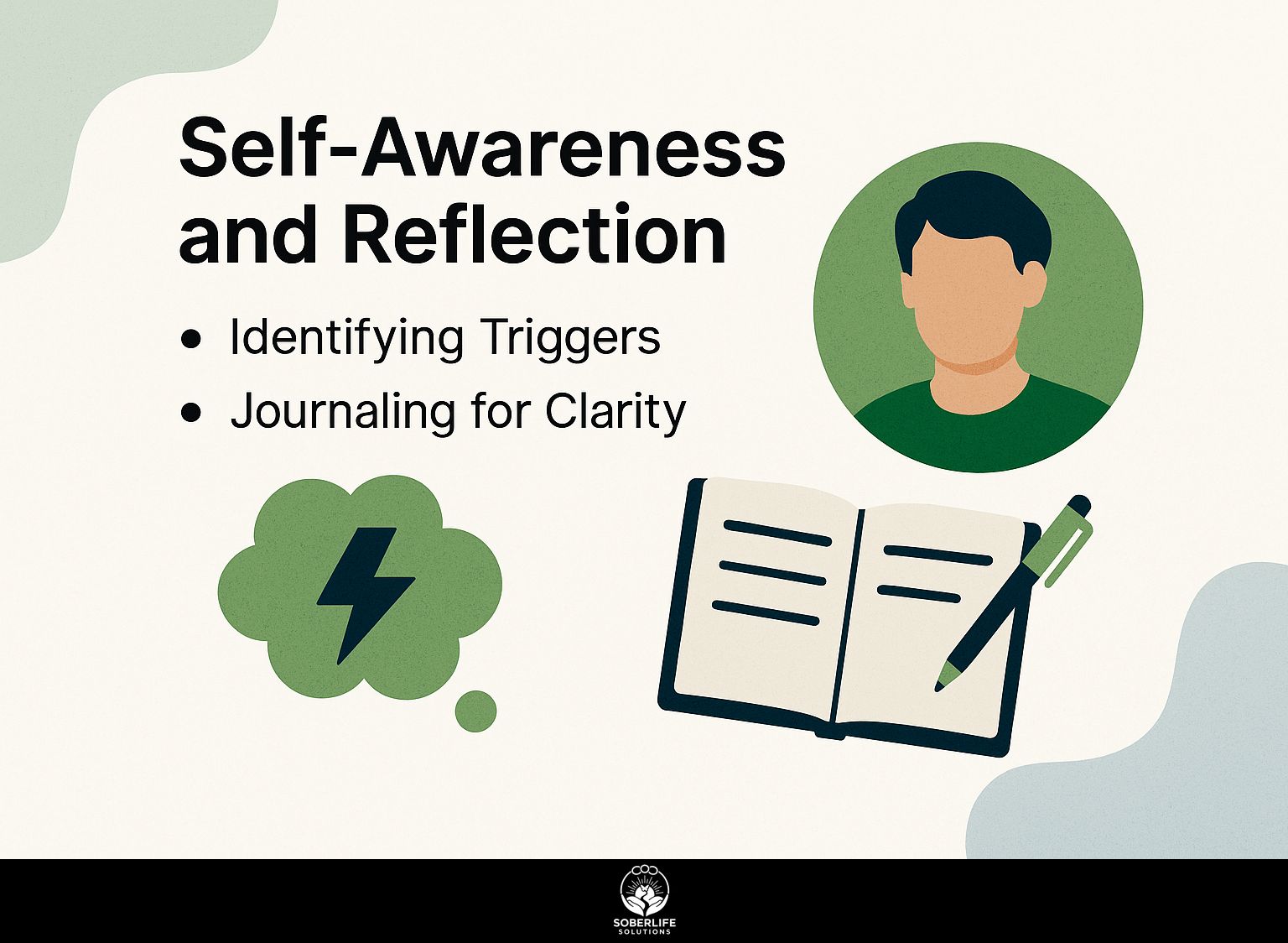
Knowing yourself is important in recovery because it helps people recognize emotional triggers and manage them effectively. (Our guide on managing triggers in alcoholism recovery offers insightful strategies.)
Identifying Triggers
Identifying emotional triggers is critical for developing effective coping skills to prevent relapse.
Think about recent events that triggered strong feelings. Journaling your thoughts can be immensely helpful.
Use an app like Daylio ($2.99/month) to track your moods and document the events leading up to them. Over time, you’ll identify patterns and specific triggers, such as stress at work or conflicts in personal relationships.
Take note of these triggers and brainstorm potential coping strategies, like deep breathing or calling a supportive friend.
This method helps you understand your emotions and gives you ways to handle difficult times.
Journaling for Clarity
Writing regularly in a journal can help you know yourself better and organize your thoughts, supporting your emotional and mental health.
To begin, use specific journaling topics like listing three things you are thankful for each day or doing a weekly emotional review by thinking about your feelings over the week.
Tools like Penzu offer both free and premium options for secure online journaling, allowing you to keep your entries private and organized.
Spending ten minutes each morning or evening can turn your journaling habit into a useful self-reflection routine, improving your mindfulness.
Building a Support System
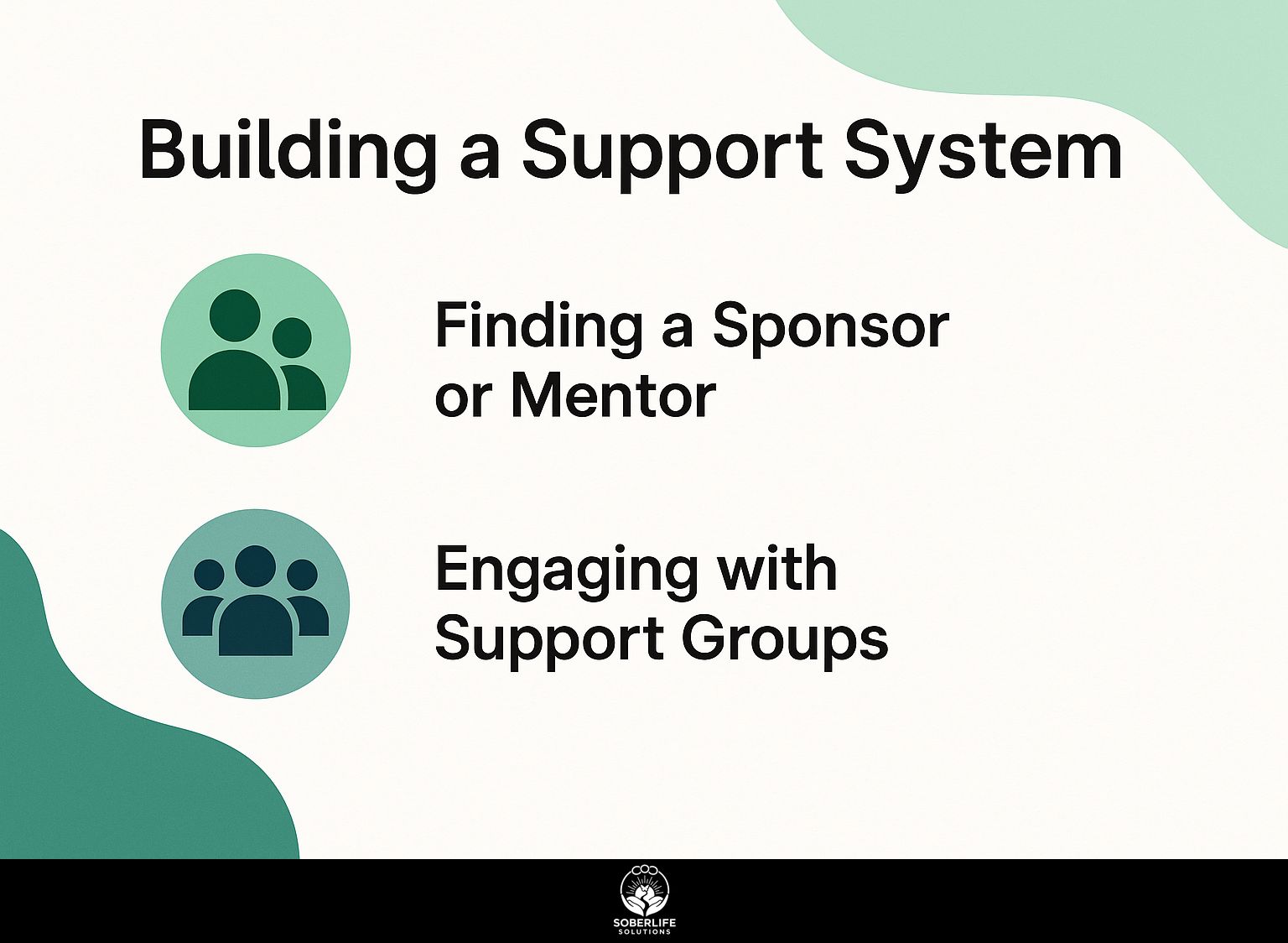
A strong support system is essential in recovery, offering responsibility, encouragement, and shared experiences. Related insight: How to Join and Run Peer Support Groups: A Complete Guide
Finding a Sponsor or Mentor
Having a sponsor or mentor can provide essential help and guidance during your recovery process.
To identify the right sponsor or mentor, look for these key qualities: empathy, experience in recovery, and a commitment to helping others.
Reach out to possible candidates by showing real curiosity about their experiences and how their advice could help you.
Research shows that individuals with mentors in recovery are 50% more likely to sustain long-term sobriety, according to discussions in Reddit’s Refuge Recovery community.
Attend local recovery meetings or participate in online forums to meet possible mentors and build relationships that can greatly improve your support network.
Engaging with Support Groups
Participating in support groups, like those using the 12-Step Program, can help create a feeling of togetherness and shared responsibility.
To find local support groups, consider using tools like Meetup or attending workshops at community centers. Websites such as Facebook and Reddit have many groups where people exchange stories and tips.
Participating in these groups can lead to positive outcomes; for instance, a study revealed that 60% of participants reported improved emotional well-being after regular involvement.
There are many success stories, similar to shared experiences of overcoming addiction that have motivated others, showing how community support can greatly help in personal recovery.
Developing Coping Strategies
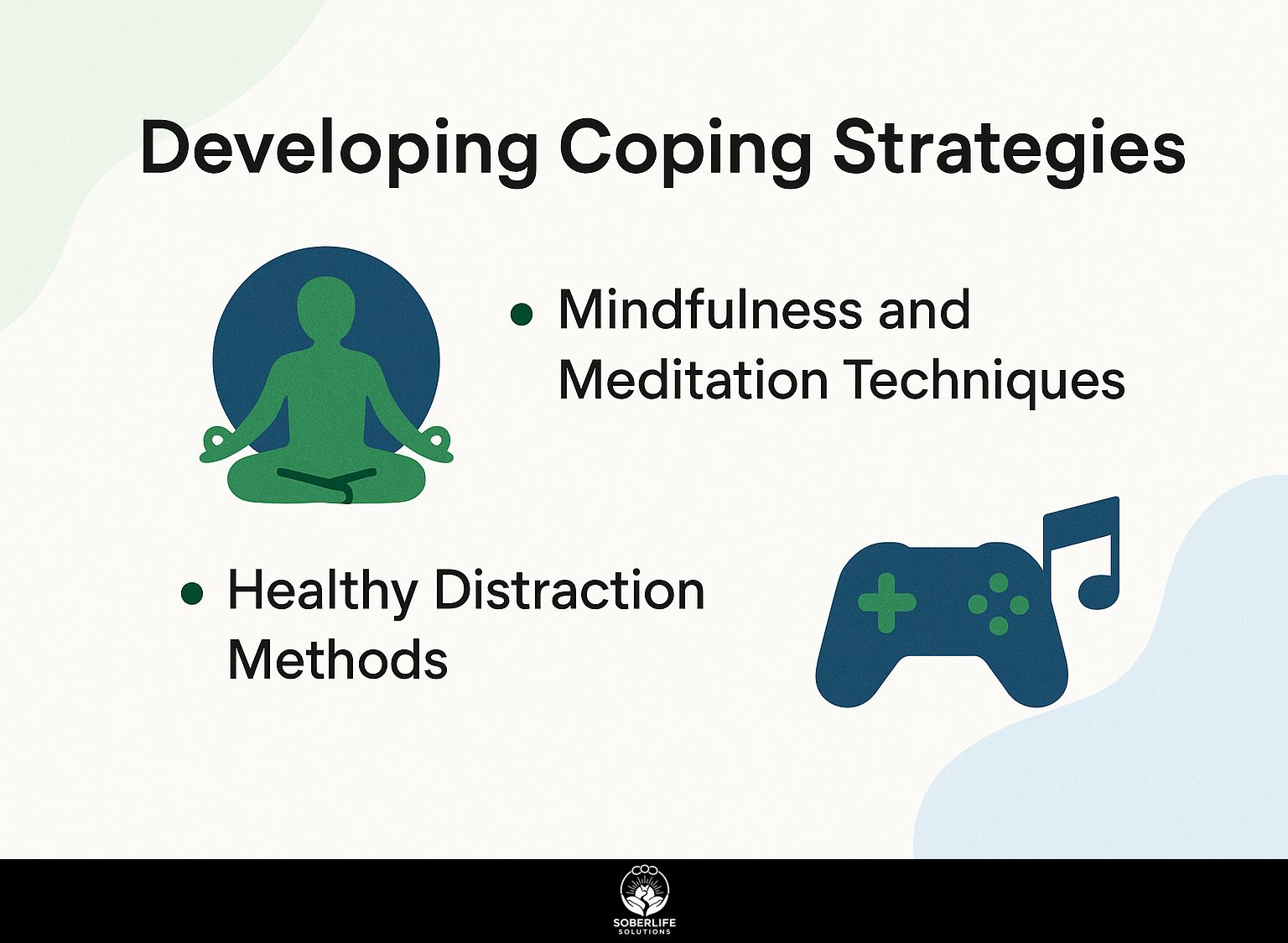
Creating useful ways to handle stress and emotional ups and downs is important for dealing with recovery. One effective method involves implementing strategies specifically designed to prevent alcohol relapse, which is crucial for maintaining long-term sobriety. To explore these strategies further, you might find our hidden gem on preventing relapse particularly insightful.
Mindfulness and Meditation Techniques
Mindfulness and meditation can significantly reduce stress and help maintain emotional control through structured practices.
To effectively add mindfulness to your routine, consider these techniques:
- Practice body scans, which involve focusing on different parts of your body to increase awareness and relaxation.
- Breath-focused meditation is another powerful method; simply focus on your breath for a few minutes daily to clear your mind.
For guided sessions, apps like Headspace ($12.99/month) provide programs suitable for both new and experienced users.
Insight Timer (free with optional in-app purchases) provides many free meditation sessions guided by experienced instructors.
Healthy Distraction Methods
Incorporating healthy distractions, such as hobbies and physical activity, can help mitigate stress and emotional cravings.
Doing things like painting, reading, or hiking can help clear your mind, improve creativity, and support physical health.
For instance, enrolling in a local painting class can provide a sense of accomplishment while connecting you with others. Tools like Meetup can help you find hobby groups or outdoor clubs nearby.
Decide on certain times each week to read a favorite book or try out a different hobby. This helps create a steady routine, making it easier to stick to these good habits and lessen cravings.
Setting Goals for Recovery
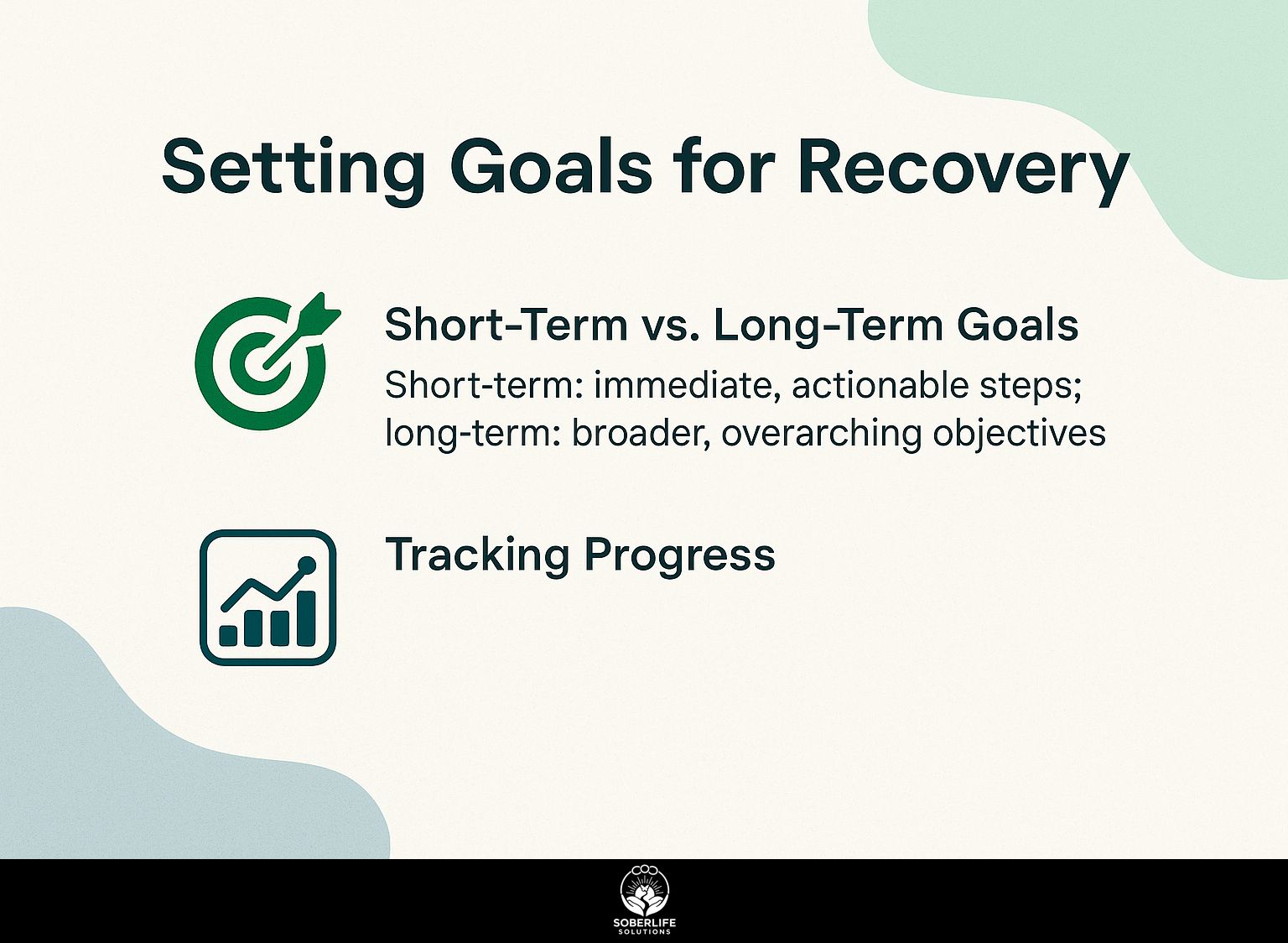
Setting clear goals you can reach is important for checking progress and staying motivated during recovery.
Short-Term vs. Long-Term Goals
Finding the right mix of short-term and long-term goals can help you recover successfully.
Short-term goals typically focus on immediate achievements, such as attending three support meetings this month or practicing mindfulness daily. In contrast, long-term goals might involve milestones like developing a personal coping strategy or achieving sobriety over the next year.
To create clear and motivating goals, use the SMART rules-make sure your goals are specific, measurable, achievable, relevant, and have a time frame. For example, rather than saying “I want to be healthier,” say “I will work out for 30 minutes, four days a week for the next three months.” This helps increase motivation and responsibility.
Tracking Progress
Tracking progress in recovery helps maintain accountability and highlights personal growth over time.
To monitor your recovery progress, write in a journal daily. By writing down feelings, achievements, and setbacks, you can identify patterns and celebrate progress.
Apps like My Recovery (free) help you set goals and send alerts to keep you motivated. Creating a visual chart is another way to track emotions over time. This can quickly show how you are improving.
These methods collectively create a well-rounded approach to accountability in recovery.
Healthy Lifestyle Choices
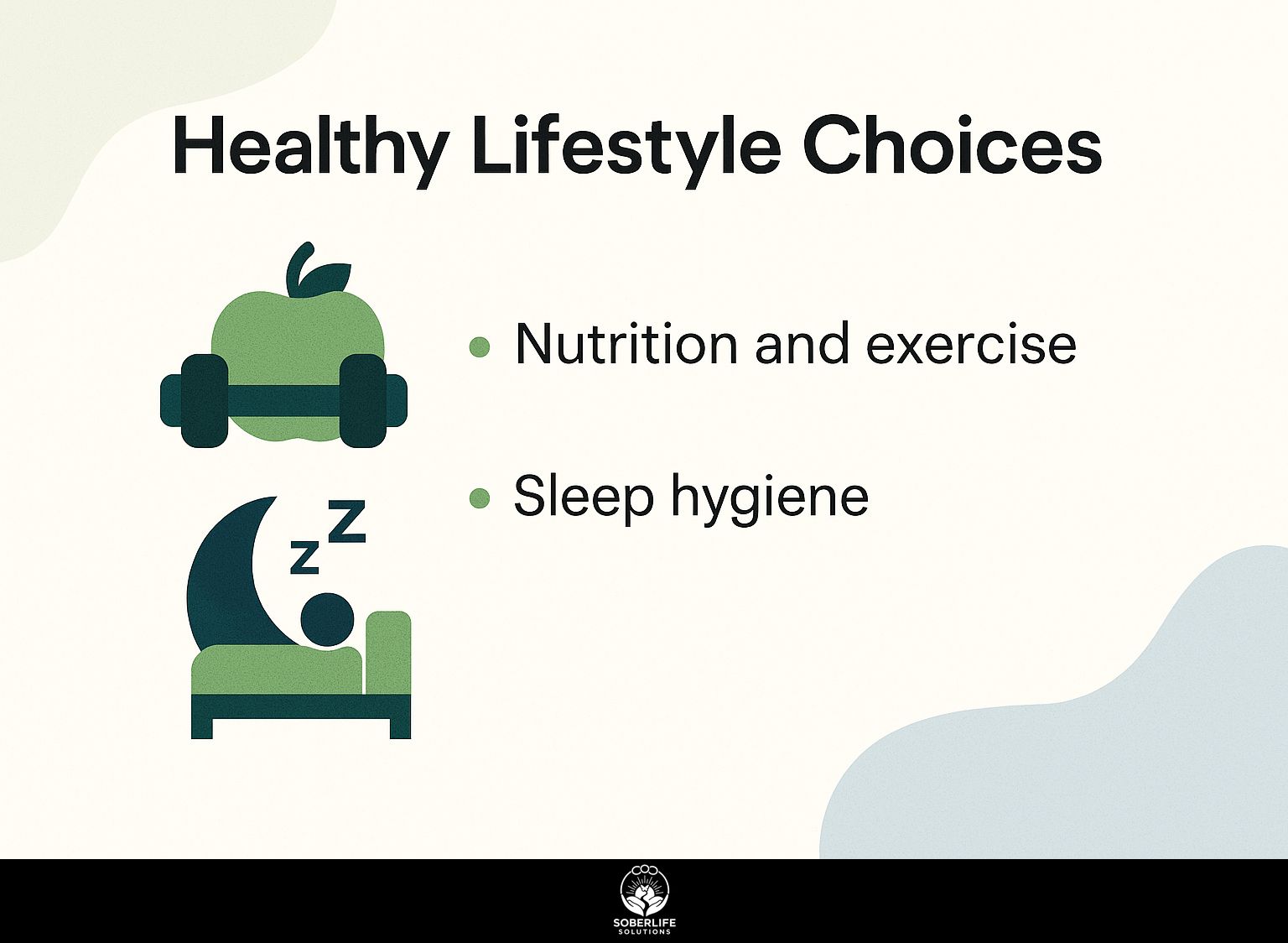
Picking good habits is crucial for improving mental and physical health during recovery. For an extensive analysis of effective strategies, our comprehensive guide on building habits for addiction recovery provides a step-by-step approach.
Nutrition and Exercise
Good nutrition and regular physical activity can greatly improve overall health and help with recovery.
To maintain a balanced diet, focus on incorporating a variety of fruits, vegetables, lean proteins, and whole grains. For instance, aim for at least five servings of fruits and vegetables daily while including sources like chicken or legumes for protein.
To monitor your progress, use apps like MyFitnessPal or Lose It! to track meals and workouts. Adding a 30-minute brisk walk or strength training three times a week can promote fitness, improve mood, and aid recovery.
Consistency and gradual changes in both diet and exercise will yield the best results.
Sleep Hygiene
Prioritizing sleep hygiene is essential for emotional self-care and overall recovery success.
To improve sleep, start by setting a consistent sleep schedule; try to go to bed and wake up at the same time every day.
Use a relaxing routine before bed, like reading or meditating, to let your body know it’s time to relax and get ready for sleep.
Make your bedroom dark, cool, and quiet. You can use blackout curtains or a white noise machine.
Try not to use screens before going to sleep, because the blue light can interfere with melatonin levels. Research indicates that better sleep quality greatly strengthens emotional stability during healing.
Frequently Asked Questions
What does it mean to develop skills for sobriety?
Developing skills for sobriety means learning and practicing new strategies and techniques to maintain a sober lifestyle and cope with triggers and challenges that may lead to relapse.
Why is it important to develop skills for sobriety?
Building skills to stay sober is important for long-term recovery and avoiding relapse. These skills help people handle tough times, control their feelings, and create a satisfying life without turning to drugs or alcohol.
What are some examples of skills for sobriety?
Some examples of skills for sobriety include mindfulness, coping strategies, assertiveness training, healthy coping mechanisms, problem-solving, and relapse prevention planning.
How can I start developing skills for sobriety?
To begin learning how to stay sober, get advice from a therapist or addiction expert. They can help you identify areas for improvement and provide resources and support to develop and practice these skills.
What are some challenges in developing skills for sobriety?
Some common challenges in developing skills for sobriety include resistance to change, lack of motivation, and difficulty maintaining consistency. You should look for help and stay focused on your path to recovery.
How can I maintain my skills for sobriety in the long term?
Maintaining skills for sobriety requires ongoing effort and practice. It’s important to continue attending therapy, support groups, and utilizing resources to stay on track and continue building a strong foundation for a sober lifestyle.

